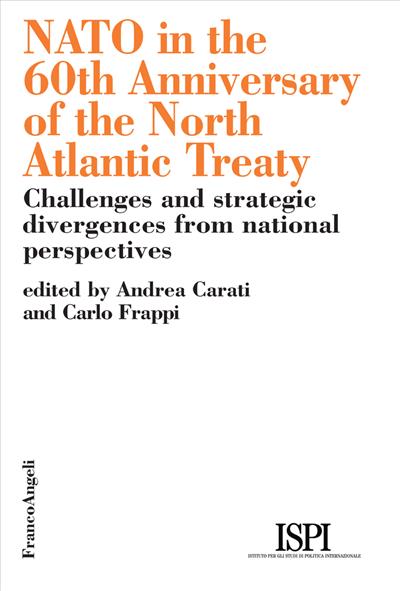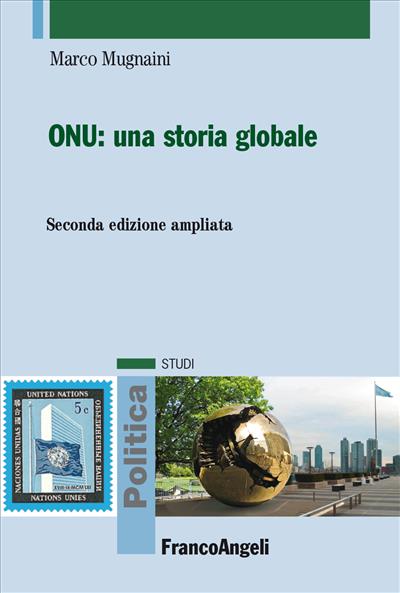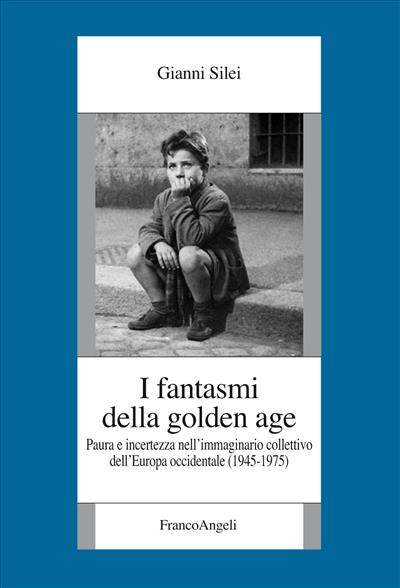
A cura di: Andrea Carati, Carlo Frappi
Nato in the 60th Anniversary of the North Atlantic Treaty.
Challenges and strategic divergences from national perspectives
The aim of this book is to assess the challenges to NATO enlargement and transformation, offering national perspectives on the Alliance’s evolution. Accordingly, the analysis focuses on three different levels – old members, new members and partners – in order to provide an appraisal of convergences and divergences on NATO’s changing character and responsibilities.
Pagine: 208
ISBN: 9788856819779
Edizione:1a edizione 2009
Codice editore: 1460.71
Possibilità di stampa: No
Possibilità di copia: No
Possibilità di annotazione: No
Formato: PDF con DRM Readium LCP




